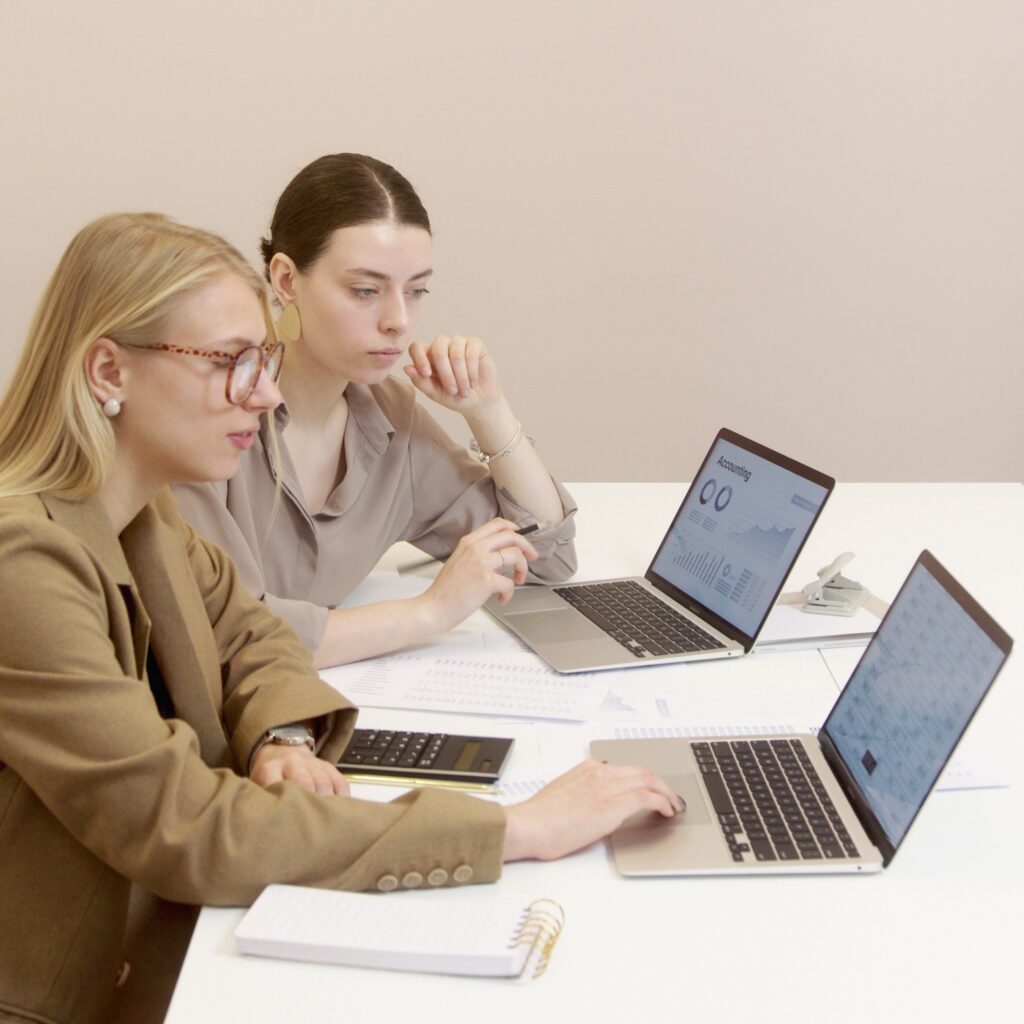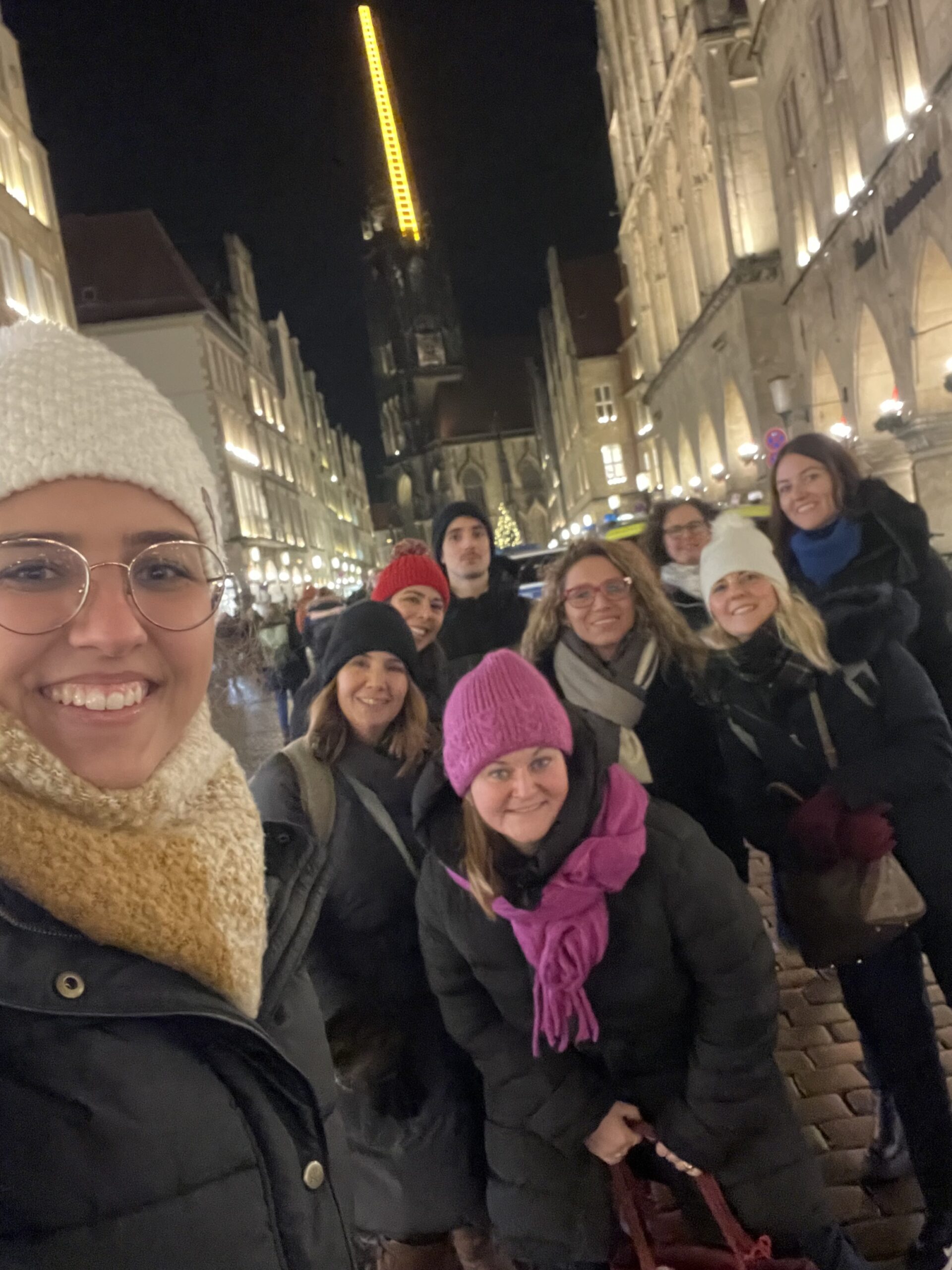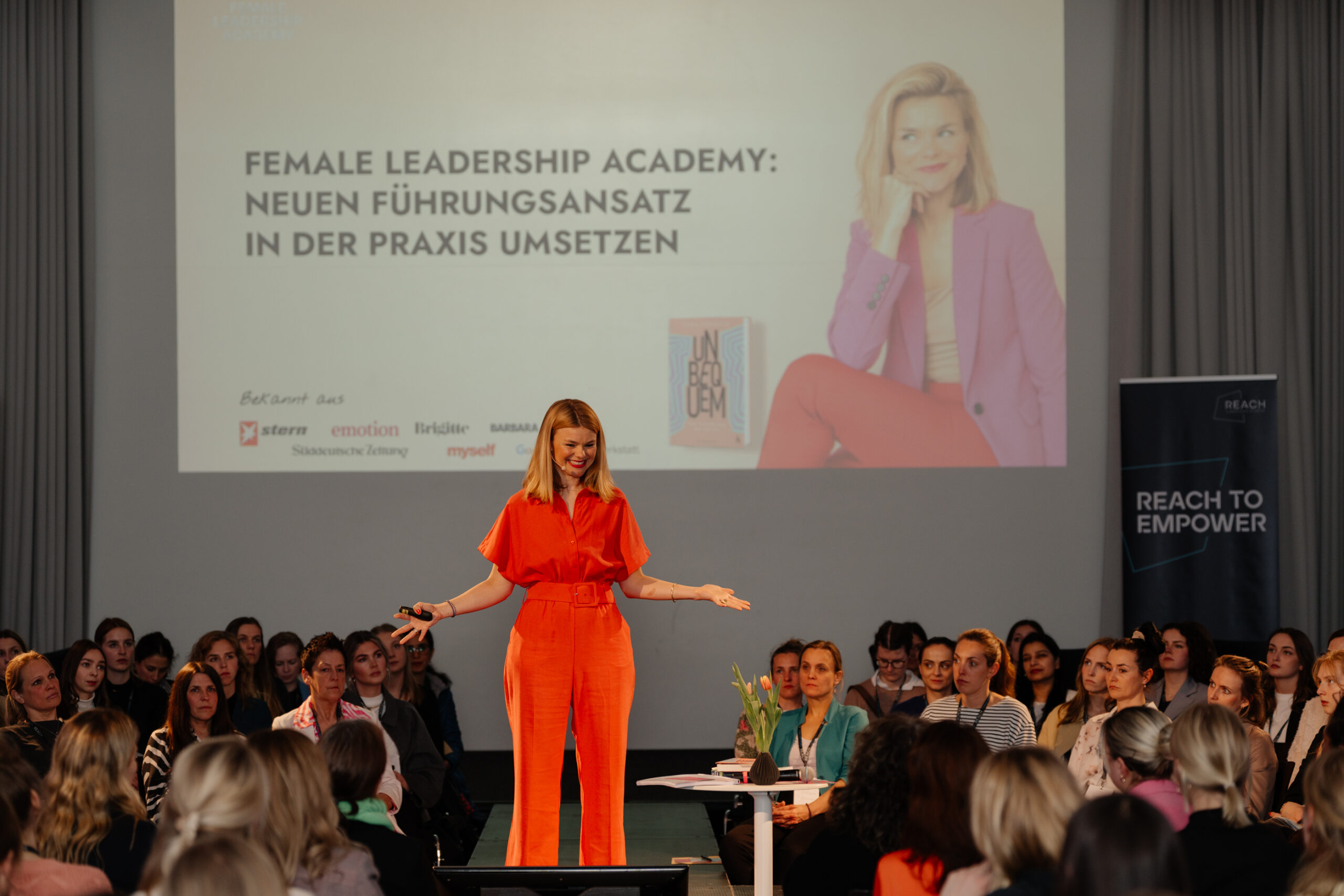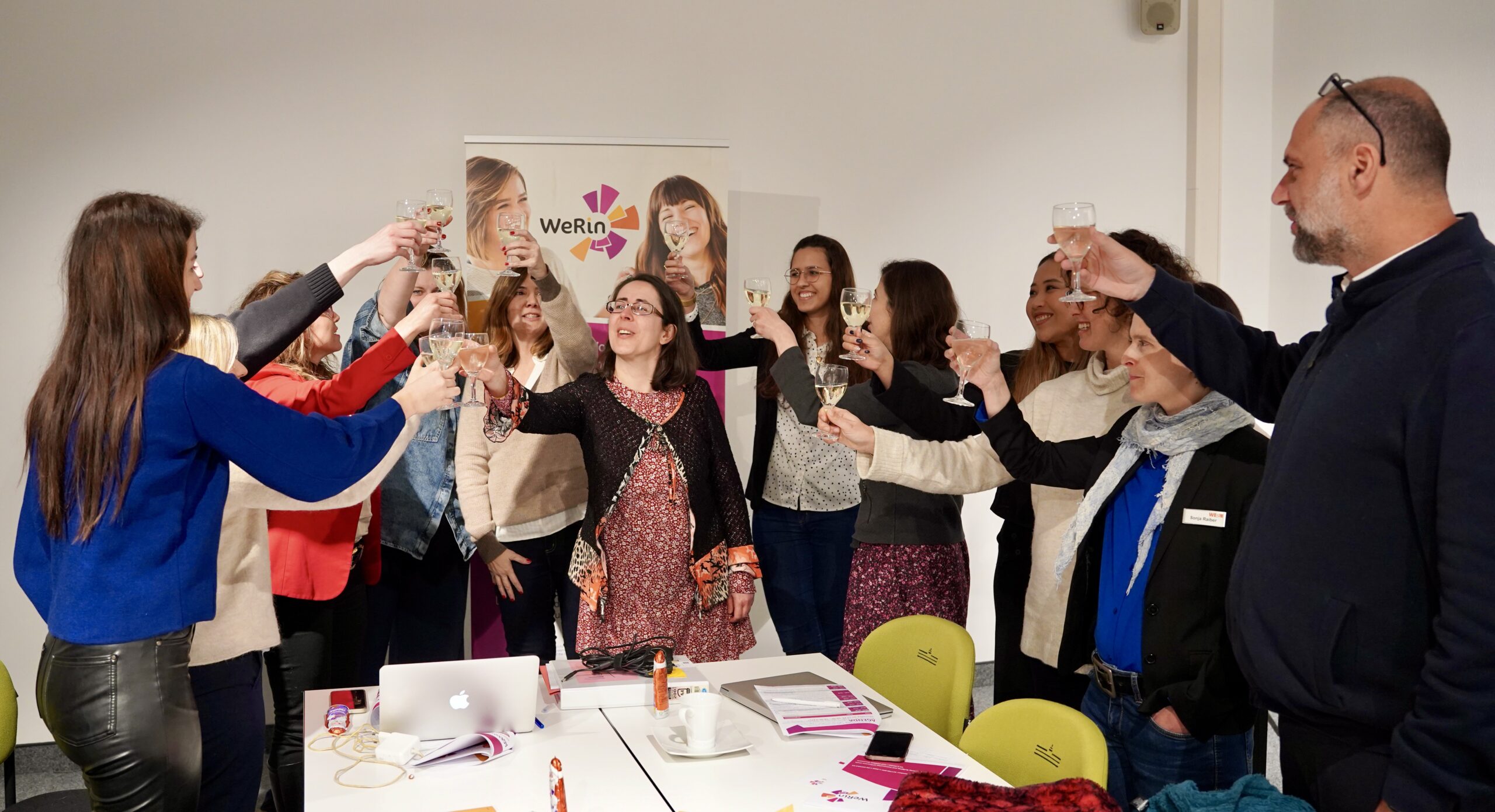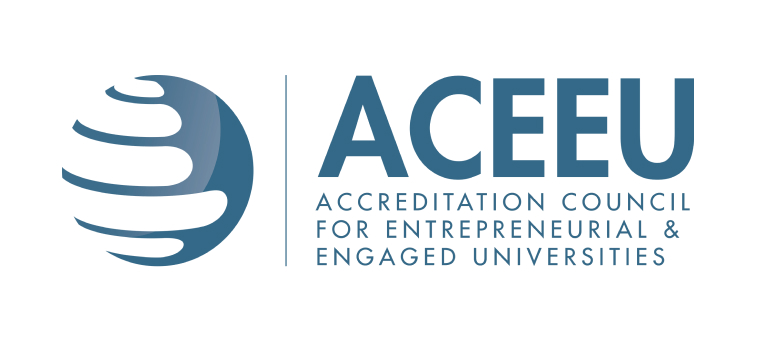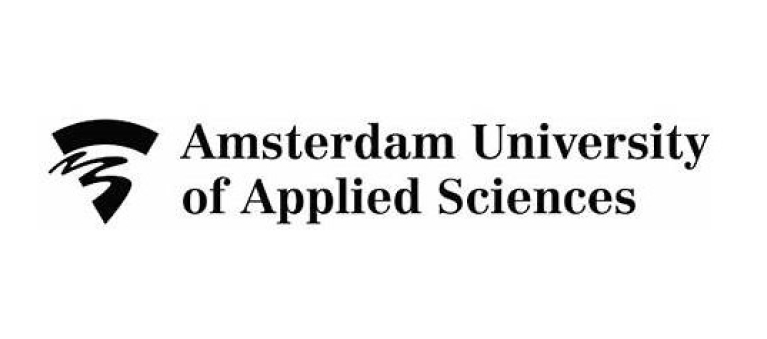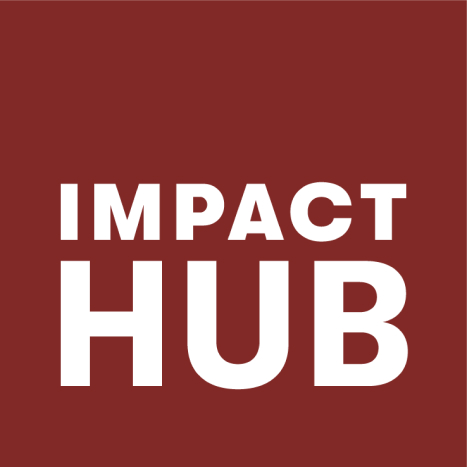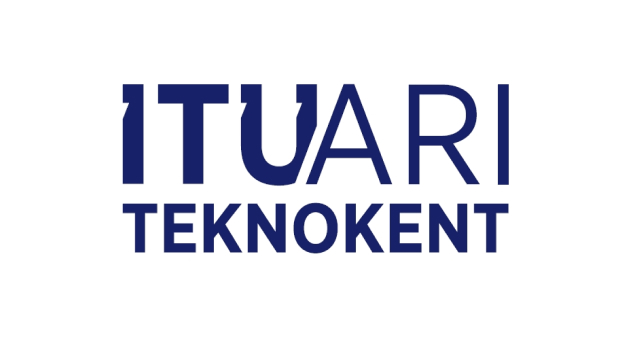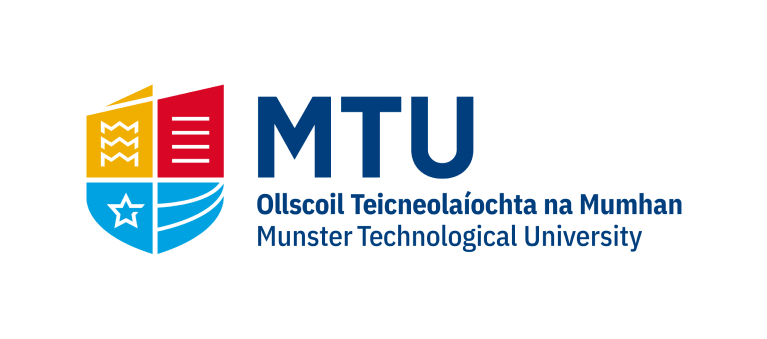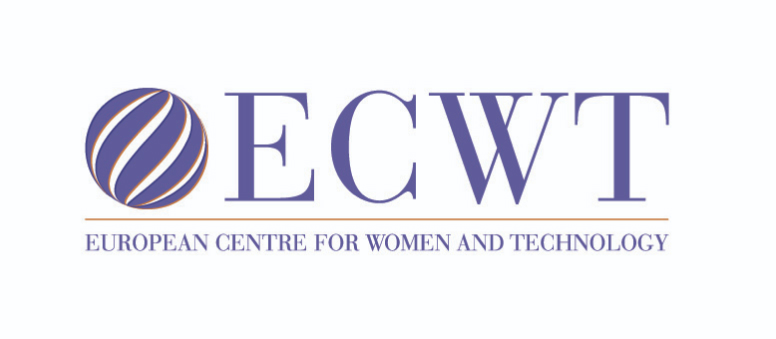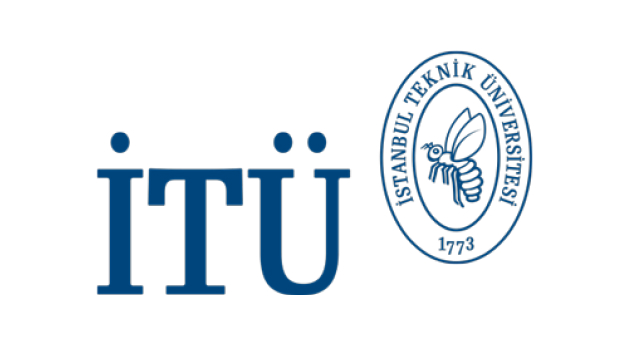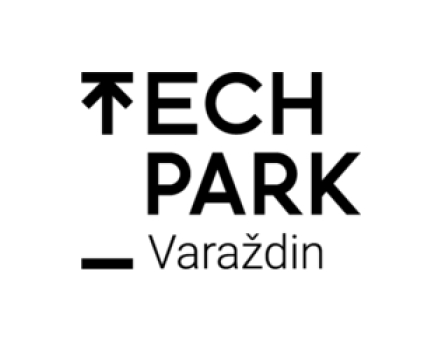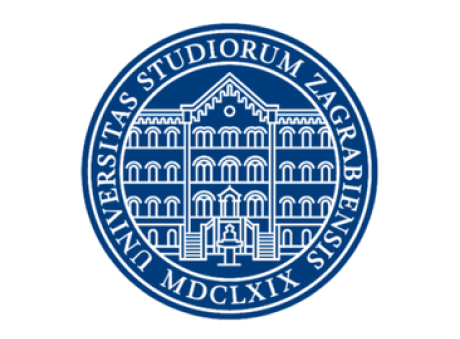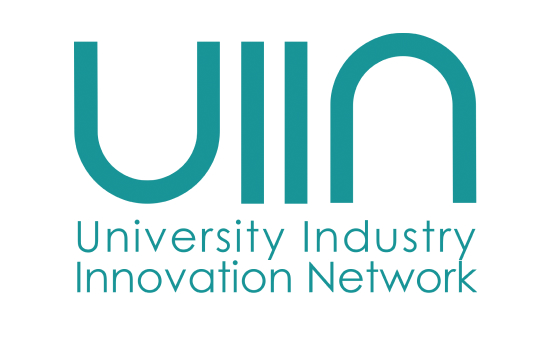In a recently launched report by the EU, called ‘A guide for fostering women’s entrepreneurship’, five key actions are identified that will encourage and nurture women’s entrepreneurship, leading to a more inclusive entrepreneurial ecosystem. We compare the @WeRinProject goals and actions against each of these five findings.
1. Raise awareness about Women’s Entrepreneurship and acknowledge the importance of women entrepreneurs:
Inclusiveness and gender equality are central to all WeRin activities. The WeRin project has spotlighted 29 great examples of diverse women entrepreneurs across Europe and celebrated their success through social media and the project website. This provides an excellent example of sharing good practice and it also provides relevant examples of real-world advice from women who are making their entrepreneurial journeys and who share their insights and advice in our exemplar Changemaker role models (see https://werinproject.eu/resources/ ).The WeRin Project awareness-raising work was recently acknowledged by the project securing a #SocialEU award!
2. Ensure life-long entrepreneurial learning, especially for women:
Through their international and five regional Think Tanks, the WeRin project has identified that there are gaps within existing entrepreneurship education for women. The Think Tanks highlighted that starting as early as possible, even for early school goers may be required to change culture and social norms. Our current project phase, is actively examining the Think Tanks and extensive interview data gathered to begin to develop an inclusive approach to entrepreneurship education that is gender sensitive and that also acknowledges that the challenges faced by women in the entrepreneurial ecosystem may differ depending on life-stage.
3. Improve access to finance for women entrepreneurs:
Although not directly targeting a funding platform, the WeRin consortium has prioritised financial literacy within entrepreneurship education as one of the top five areas to improve gender inclusivity across the entrepreneurial ecosystem. This will ensure that women are strongly equipped with funding of business, investment choices, alongside financial management and investment readiness.
Beyond that they need to be aware of the current environment that female entrepreneurs face in the financing area, such as a strongly male dominated environment and being confronted with discriminating questions that put in doubt their competence. They need to be prepared to face that environment.
4. Build a pan-European umbrella organisation and community for WE:
Stakeholders should continue to advance Women’s Entrepreneurship as a policy priority and the recent EU report points to a strong European woman’s entrepreneurship network, WEgate (see https://wegate.eu/ ) as a potential source of information and support for aspiring and existing women entrepreneurs. The WeRin project will address this in the next project phase. We have been building our profile and trust with the ecosystem stakeholders and will develop a community of practice that will target improvements within entrepreneurship education for women. This community of practice will provide the grassroots input to identify and make the changes needed for gender inclusive and equal entrepreneurship education and allow sharing of best practice.
5. Collect and analyse data about women’s entrepreneurship:
The lack of comparable, gender disaggregated women’s entrepreneurship data for analysis and evidence-based decisions was also noted in the WeRin Think Tanks. The WeRin project gathered and analysed a large amount of qualitative empirical data, with more than 400 qualitative interviews gathered from five European countries. This targeted ecosystem dataset provides the driving force for our decision making, future educational resource development and for building our community of practice. You are invited to review our regional scans on the current state of gender inclusivity here: Resources – We R In (werinproject.eu)
There is much to do to make a gender inclusive ecosystem. Based on the above comparison, WeRin is pleased (but not complacent) to note that in our project, we are on the right track. Let us know what you think? We welcome all insights and contributions that foster women’s entrepreneurship and gender inclusive ecosystems. WeRin can be contacted at https://werinproject.eu/contact/
European Commission, Executive Agency for Small and Medium-sized Enterprises, Hostak, J., Rancakova, D., Lilischkis, S. (2021) A guide for fostering women’s entrepreneurship : five key actions towards a digital, green and resilient Europe.
https://data.europa.eu/doi/10.2826/73817

